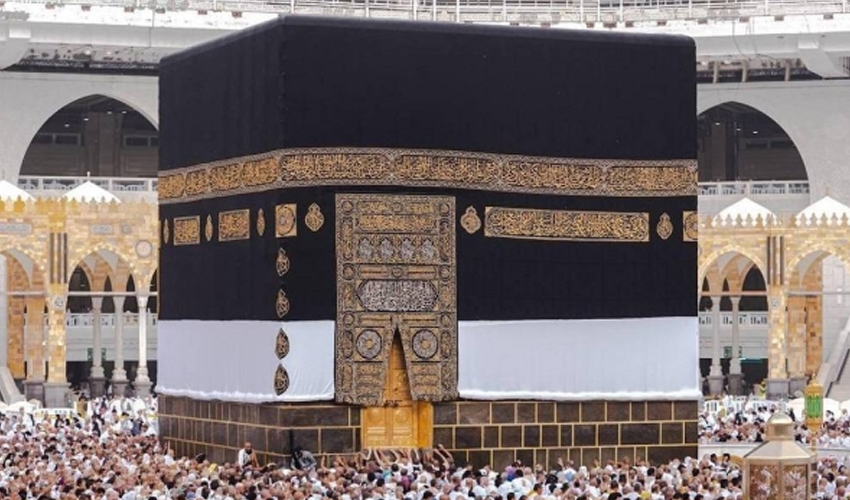The Ministry of Religious Affairs has issued a new health policy for Hajj pilgrims in response to updated conditions set by the Saudi government.
According to the document, individuals with serious health issues, including cancer, heart, kidney, and respiratory diseases, will not be permitted to undertake the pilgrimage this year.
Under the policy, all pilgrims must submit a medical certificate to confirm their eligibility. People undergoing dialysis or those suffering from heart attacks, shortness of breath, or lung diseases will be barred from participating.
Additionally, individuals with liver failure, serious neurological, or psychiatric disorders are also prohibited from going on Hajj.
The list of restricted conditions includes physical disabilities, memory loss, and amnesia. Pregnant women beyond seven months will not be permitted, and individuals with communicable diseases are also restricted. Tuberculosis and cancer patients, as well as those with recent influenza, dengue, or COVID-19 infections, cannot undertake the pilgrimage.
Mandatory certificates for meningitis, influenza, COVID-19, and polio vaccinations have also been instituted as part of the new guidelines.
The ministry’s new health measures aim to ensure the safety of all pilgrims amid evolving health requirements.



























